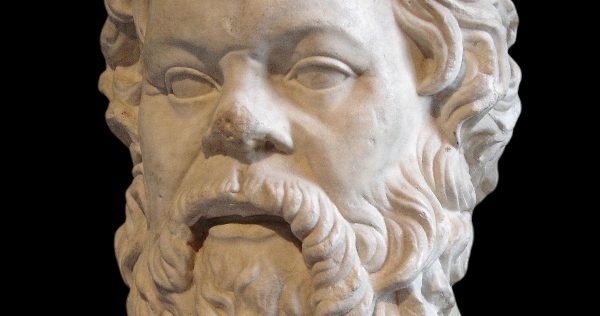
Socrates rocked us with “the unexamined life is not worth living”. But an examined life is far from an easy commitment; no one can really be a truth seeker without a sincere spirit of wonder. In Socrates’ words:
“Wonder is the feeling of a philosopher, and philosophy begins in wonder.”
A sincere spirit of wonder, however, requires humility and intersects with his famous “I know that I know nothing” (which is actually not directly stated by Socrates; it’s Plato’s interpretation of Socrates). Socrates’ actual words:
“I am wiser than this man, for neither of us appears to know anything great and good; but he fancies he knows something, although he knows nothing; whereas I, as I do not know anything, do not fancy I do. In this trifling particular, then, I appear to be wiser than he, because I do not fancy I know what I do not know.”
And so we come full circle. An examined life requires wisdom. And wisdom begins with wonder. But wonder requires humility – a confidence in how little we actually know and eagerness to get out of our own way, seek truth openly without ego, and find true wisdom. Indeed philosophy begins in wonder, but it’s only a spirit of epistemological humility that allows us to truly wonder.
Want wisdom? Wonder.
Want to wonder? Get curious and humble, confident only in how little you know.
Image credit: Socrates @ Wikimedia Commons













